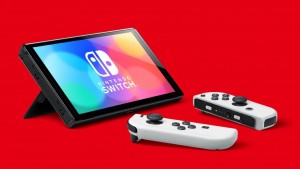Please support Game Informer. Print magazine subscriptions are less than $2 per issue
Microsoft Walks Back Harrison’s Erroneous Kinect Voice Command Statements

Last week following the Microsoft press conference at E3, we sat down with company corporate vice president Phil Harrison to discuss the current state of Xbox. During that conversation, we asked him if all of the Kinect functions, including system level voice commands, could be disabled to eke more power out of the Xbox One.
Harrison responded definitively. “We put those choices in the hands of the developer rather than make them reserved by the system,” he said. “We think that’s the right balance.”
Last night, Kotaku published an interview with head of Xbox Phil Spencer that was in direct conflict with Harrison’s statements. We approached Microsoft mid-day yesterday and did not receive a response to our request for clarification. Because of the stark contrast in the messaging, we published an explanation last night detailing how we conducted the interview and followed up to verify the information.
This morning, Eurogamer published an extensive interview with Microsoft Studios creative director Ken Lobb with technical details contradicting Harrison’s comments. Following that, we finally received confirmation of what was becoming clear, we were given (and subsequently reported based on good faith) misinformation throughout our interview.
“Today, if a title takes advantage of the June XDK and chooses to harness more of the GPU compute resources, in game speech commands will still work, as will global voice commands such as ‘Xbox record that’ or ‘Xbox go home,’” a Microsoft representative told us via email. “Skeletal tracking functionality such as biometric sign in, player/controller association and other skeletal tracking NUI functions however will not work if a title chooses to utilize the additional GPU processing.”
In short, developers cannot touch the system level voice commands that allow recording, app snapping, and app switching. This is the information we were seeking in our interview, and we are glad to be able to put this matter to rest.










